

Articles
How Many Yards To Make Curtains
Modified: February 23, 2024
Learn how to make curtains with our step-by-step articles. Discover the right number of yards needed for your next DIY project.
(Many of the links in this article redirect to a specific reviewed product. Your purchase of these products through affiliate links helps to generate commission for Storables.com, at no extra cost. Learn more)
Introduction
Curtains are essential elements in home decor that not only add style and personality to a room but also serve practical purposes such as providing privacy and blocking out sunlight. When it comes to making your own curtains, one of the most important steps is determining how much fabric you will need. The amount of fabric required depends on factors like the desired length and width of the curtains, as well as the specific style you want to achieve.
In this article, we will guide you through the process of measuring for curtain length, determining the curtain width, calculating the fabric yardage needed, and considering other factors when buying fabric. By following these steps, you will be able to accurately determine how many yards of fabric are required to make the curtains of your dreams.
Key Takeaways:
- Measure carefully and consider fullness when determining curtain length and width to ensure accurate fabric yardage calculation for your DIY curtains.
- When buying fabric, consider type, pattern, care, budget, and eco-friendly options to make an informed decision that complements your home decor and personal style.
Read more: How Many Yards Of Yarn For A Blanket
Measuring for Curtain Length
Before you start measuring for curtain length, it’s important to decide the desired final length of your curtains. This will depend on factors such as your personal preference, the style of curtains you want, and the location where the curtains will be hung.
To measure for length, start by determining where you want the curtains to hang. Measure from the top of the curtain rod to the desired bottom length of the curtains. If you want floor-length curtains, you may measure from the rod to the floor. If you prefer your curtains to hang slightly above the floor, subtract a few inches from the measurement.
It’s important to note that curtains typically come in standard lengths, such as 63 inches, 84 inches, and 95 inches. If your desired length falls within these standard measurements, it can be easier and more cost-effective to purchase pre-made curtains.
However, if you have specific measurements in mind or want custom-sized curtains, you may need to calculate the fabric yardage needed and make them yourself. This is where the next steps of determining the curtain width and calculating fabric yardage come into play.
Determining the Curtain Width
When it comes to determining the curtain width, there are a few factors to consider. The width of your curtains will depend on the size of the window or the width of the curtain rod.
If you are measuring for curtains to fit a window, start by measuring the width of the window frame. It’s important to measure from left to right and include any additional width you want for fullness or gathering. Typically, curtains are 1.5 to 2 times the width of the window for a full and luxurious look. So, multiply the window width by 1.5 or 2 to determine the total curtain width needed.
On the other hand, if you already have a curtain rod in place, measure the width of the rod from left to right. Again, you will need to consider fullness when calculating the total curtain width. Multiply the rod width by 1.5 or 2 to determine the required fabric width.
Keep in mind that if your desired curtain style requires extra fullness, you may need to multiply the window or rod width by a higher factor. For example, for heavily gathered curtains, you might multiply by 2.5 or even 3. It’s all about achieving the desired look and drape.
By accurately measuring the curtain width, you will be able to determine the appropriate fabric width needed to create the look you envision for your curtains.
When measuring for curtains, it’s important to consider the fullness of the fabric. For a standard fullness, multiply the width of the window by 2.5 to 3. This will give you the total yardage needed for the curtains.
Calculating Fabric Yardage Needed
Now that you have determined the desired curtain length and width, it’s time to calculate the fabric yardage needed. This step is crucial to ensure that you purchase the right amount of fabric for your project.
To calculate the fabric yardage, you need to consider the curtain length, width, and any additional factors such as pattern repeat, hem allowance, and seam allowances.
Start by adding the desired curtain length to any additional length needed for hems and headers. For example, if your desired curtain length is 84 inches and you plan for a 4-inch hem at the bottom and a 1-inch header at the top, you would add 5 inches to the curtain length, making it 89 inches.
Next, calculate the total fabric width needed by adding the curtain width to the additional width needed for fullness. If your desired curtain width is 72 inches and you want to multiply it by 2 for fullness, the total fabric width needed would be 144 inches.
Now, take these measurements and consider any additional factors like pattern repeat and seam allowances. If your fabric has a pattern that requires matching at the seams, you may need extra yardage to account for this. Additionally, keep in mind any seam allowances you’ll need when cutting and sewing the fabric.
Finally, divide the total fabric width by the width of the fabric you plan to purchase. This will give you the number of fabric panels needed. Round up to the nearest whole number if necessary.
With the number of fabric panels determined, multiply it by the total fabric length needed. This will give you the final fabric yardage needed to make your curtains.
Remember, it’s always a good idea to add a bit of extra fabric to your calculations to account for any mistakes or unforeseen circumstances that may arise during the sewing process.
Factors to Consider when Buying Fabric
When it comes to buying fabric for your curtains, there are several important factors to consider. These factors will not only ensure that you have enough fabric for your project but also help you choose the right type and quality of fabric to achieve the desired look and functionality.
Type of Fabric: The type of fabric you choose will greatly affect the overall appearance and performance of your curtains. Consider factors like transparency, weight, and texture. For instance, if you want curtains that provide privacy and block out light, opt for heavier fabrics like velvet or blackout materials. If you prefer a lighter and sheer look, consider fabrics like voile or lace.
Pattern and Color: The pattern and color of your fabric will play a significant role in the visual impact of your curtains. Choose patterns and colors that complement your overall interior design scheme. Consider the size of the pattern and how it will look when the curtains are gathered or hung.
Fabric Care: Take into account the care instructions for the fabric you choose. Consider factors like whether it needs to be dry-cleaned or can be machine-washed, as well as its durability and resistance to fading.
Budget: Set a budget for your fabric purchase and consider its cost per yard. Keep in mind that certain fabrics may be more expensive due to their quality or specialized characteristics.
Availability: Check the availability of the fabric you want, both in terms of the quantity you need and whether it is in stock. Some fabrics may be seasonal or limited in quantity.
Samples or Swatches: Whenever possible, obtain fabric samples or swatches before making a final decision. This will give you an opportunity to see and feel the fabric in person, assess its quality, and determine if it matches your expectations.
Eco-Friendly Options: If sustainability is important to you, consider choosing eco-friendly fabrics made from organic or recycled materials. These options can help reduce the environmental impact of your curtains.
By considering these factors, you will be able to make an informed decision when buying fabric for your curtains, resulting in a final product that meets your expectations and complements your home decor.
Read more: How Many Beers In A Yard Glass
Conclusion
Making your own curtains can be a rewarding and fulfilling project that allows you to personalize your home decor. By following the steps outlined in this article, you can accurately measure for curtain length, determine the curtain width, calculate the fabric yardage needed, and consider important factors when buying fabric.
Remember, the key to successful curtain-making is careful planning and attention to detail. Take the time to measure accurately and consider your desired curtain length and width, as well as any additional factors like fullness, pattern repeat, and seam allowances. This will ensure that you purchase the right amount of fabric and create curtains that fit and enhance your space.
When choosing fabric, consider factors like the type, pattern, color, care, and budget. Take advantage of fabric samples or swatches to make an informed decision and explore eco-friendly options if sustainability is important to you.
By combining your creativity with the practical knowledge provided in this article, you can confidently embark on the journey of making your own curtains. Whether you’re looking to add a touch of elegance, create a cozy atmosphere, or make a bold statement, your custom-made curtains will be a reflection of your personal style and enhance the overall ambiance of your home.
So, roll up your sleeves, gather the necessary materials, and let your creativity soar as you transform your windows with beautifully crafted curtains!
Frequently Asked Questions about How Many Yards To Make Curtains
Was this page helpful?
At Storables.com, we guarantee accurate and reliable information. Our content, validated by Expert Board Contributors, is crafted following stringent Editorial Policies. We're committed to providing you with well-researched, expert-backed insights for all your informational needs.


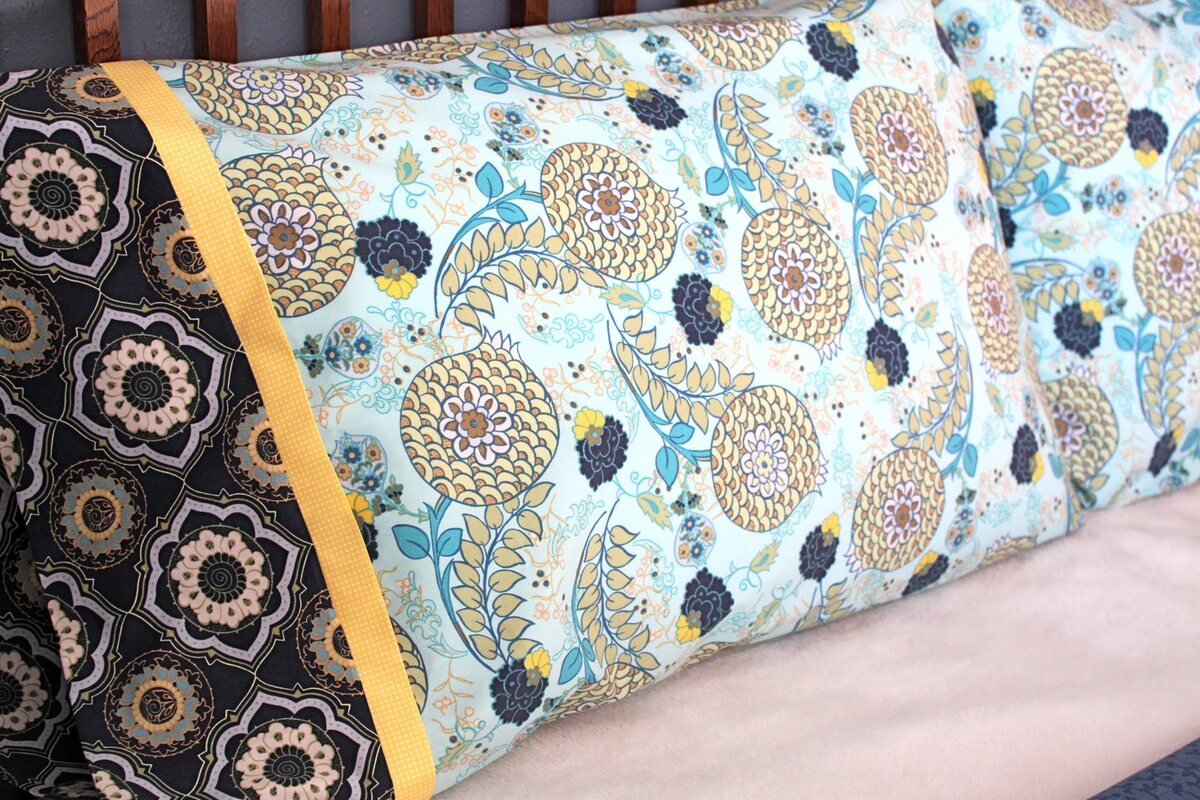
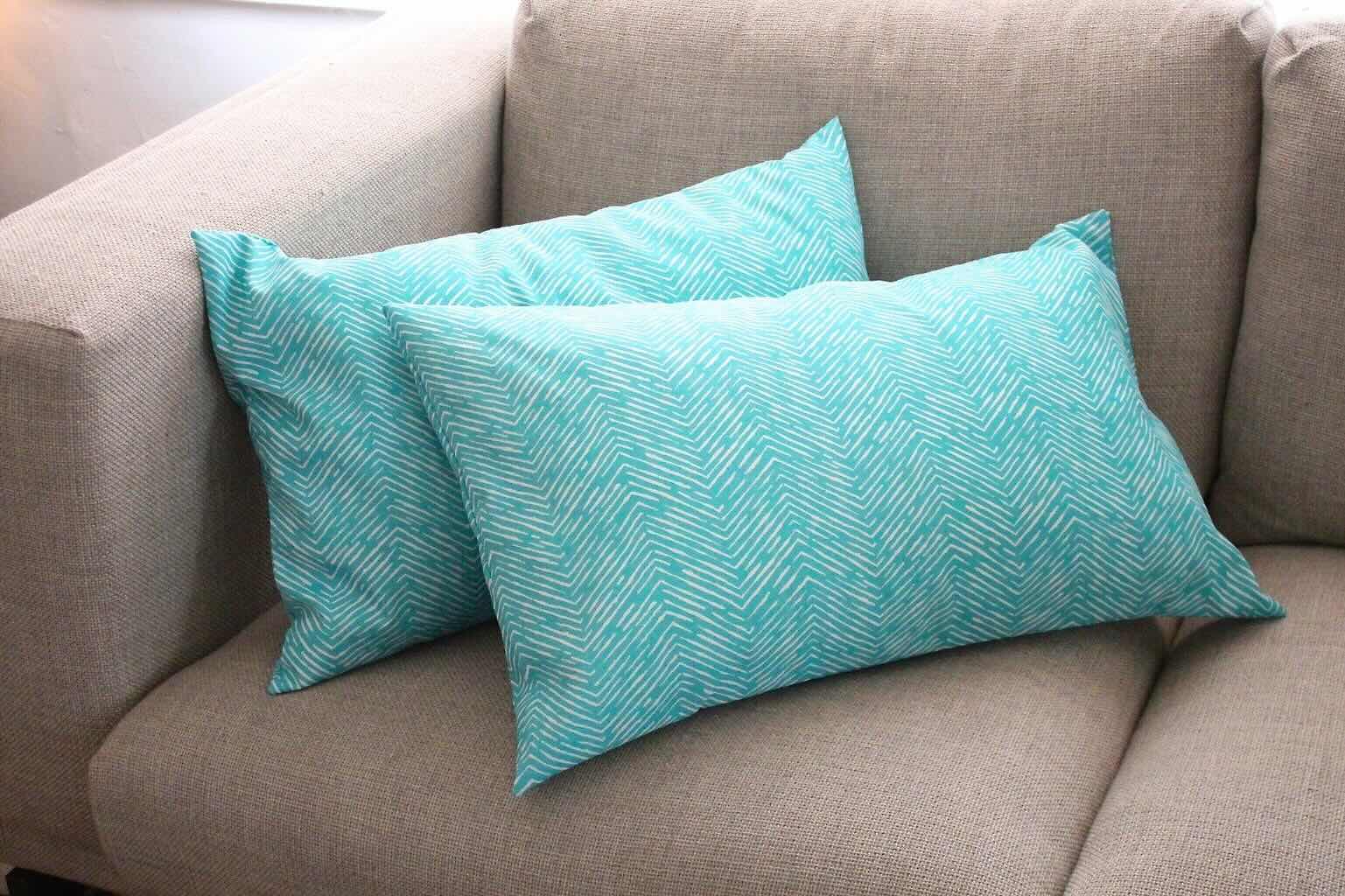
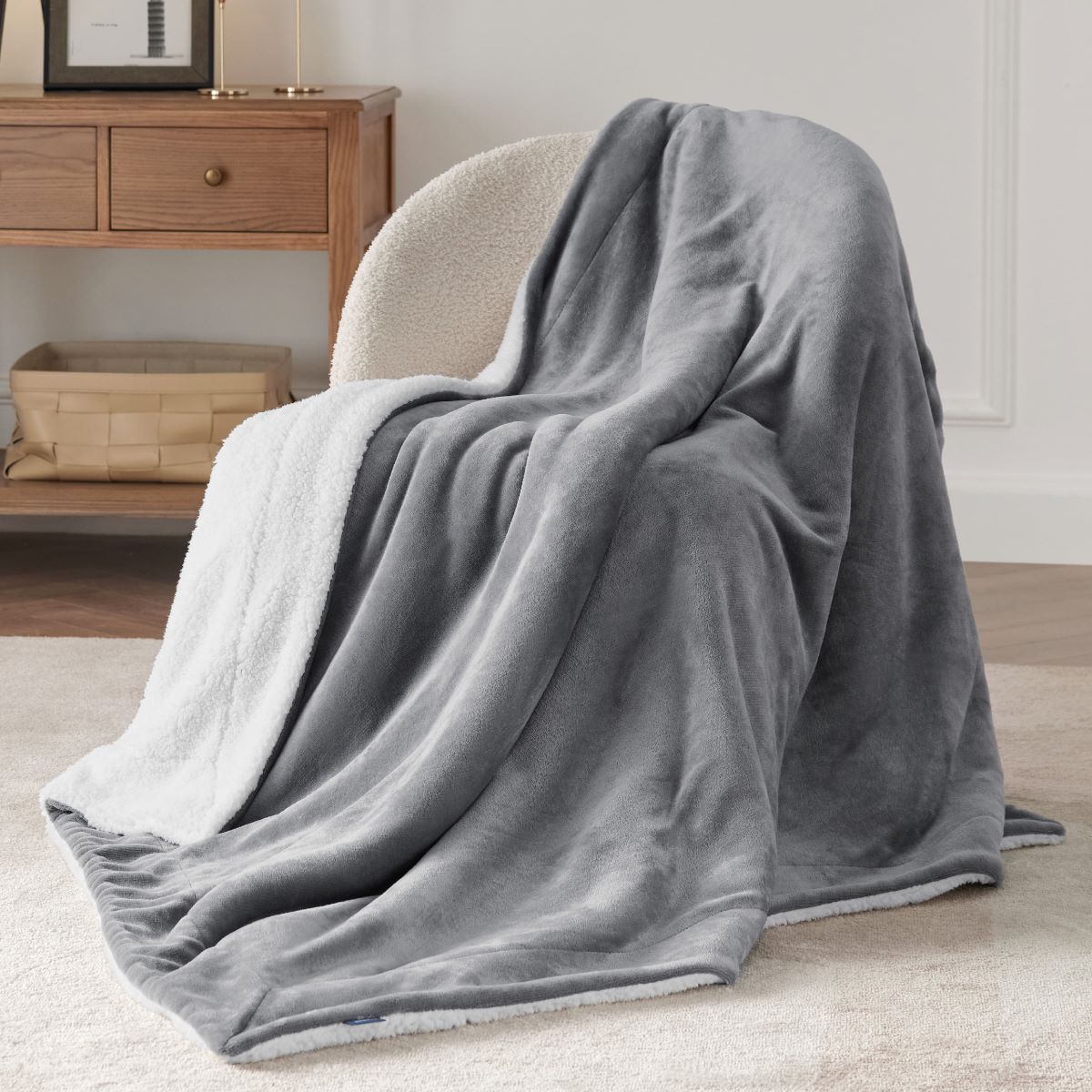
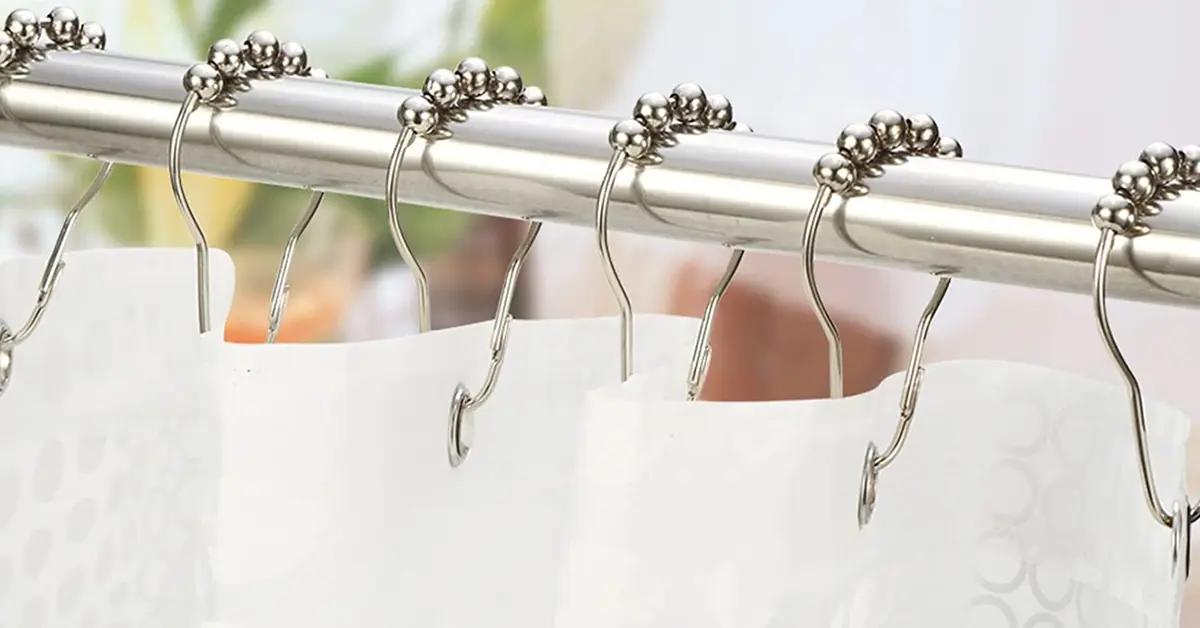
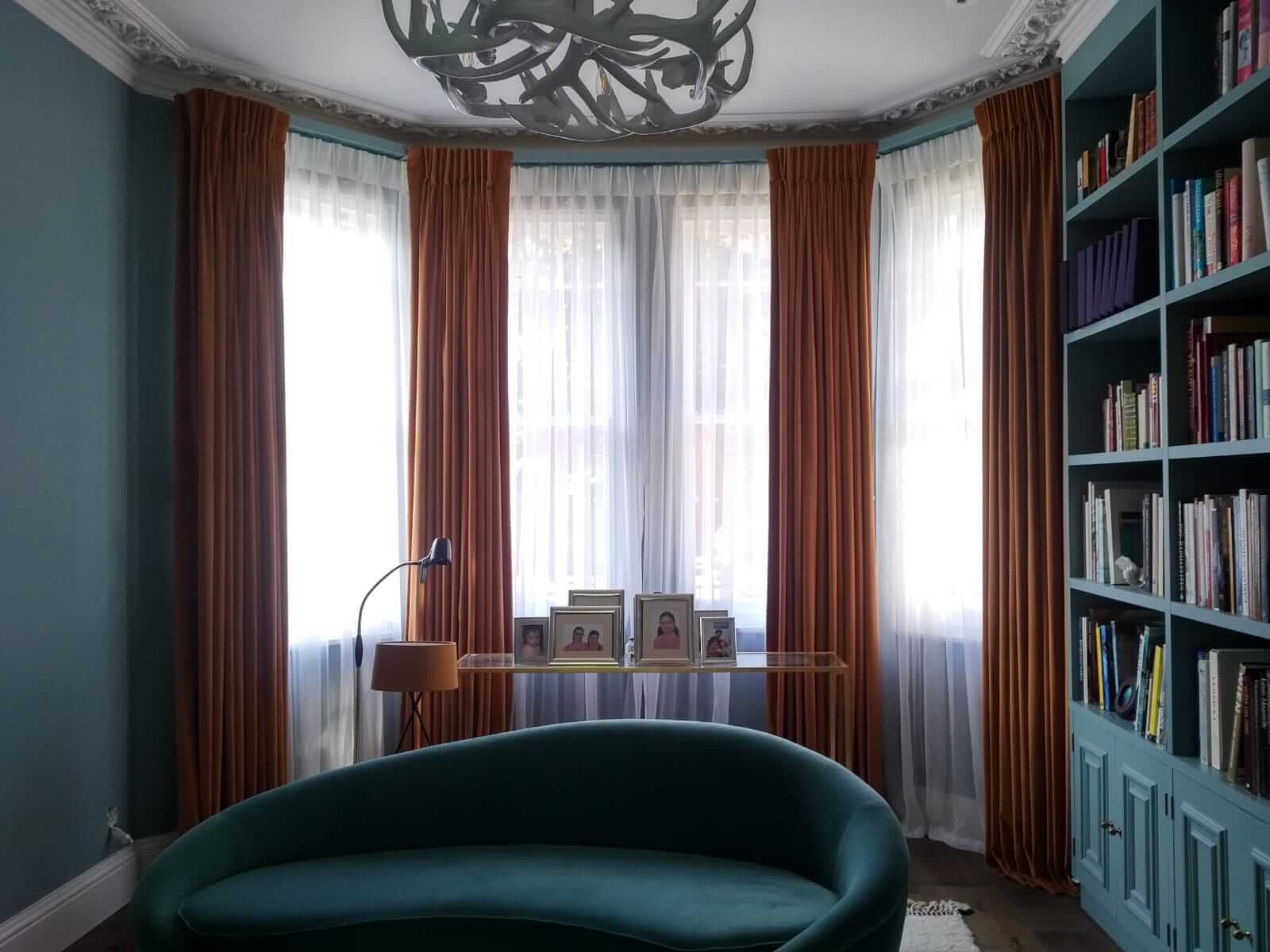
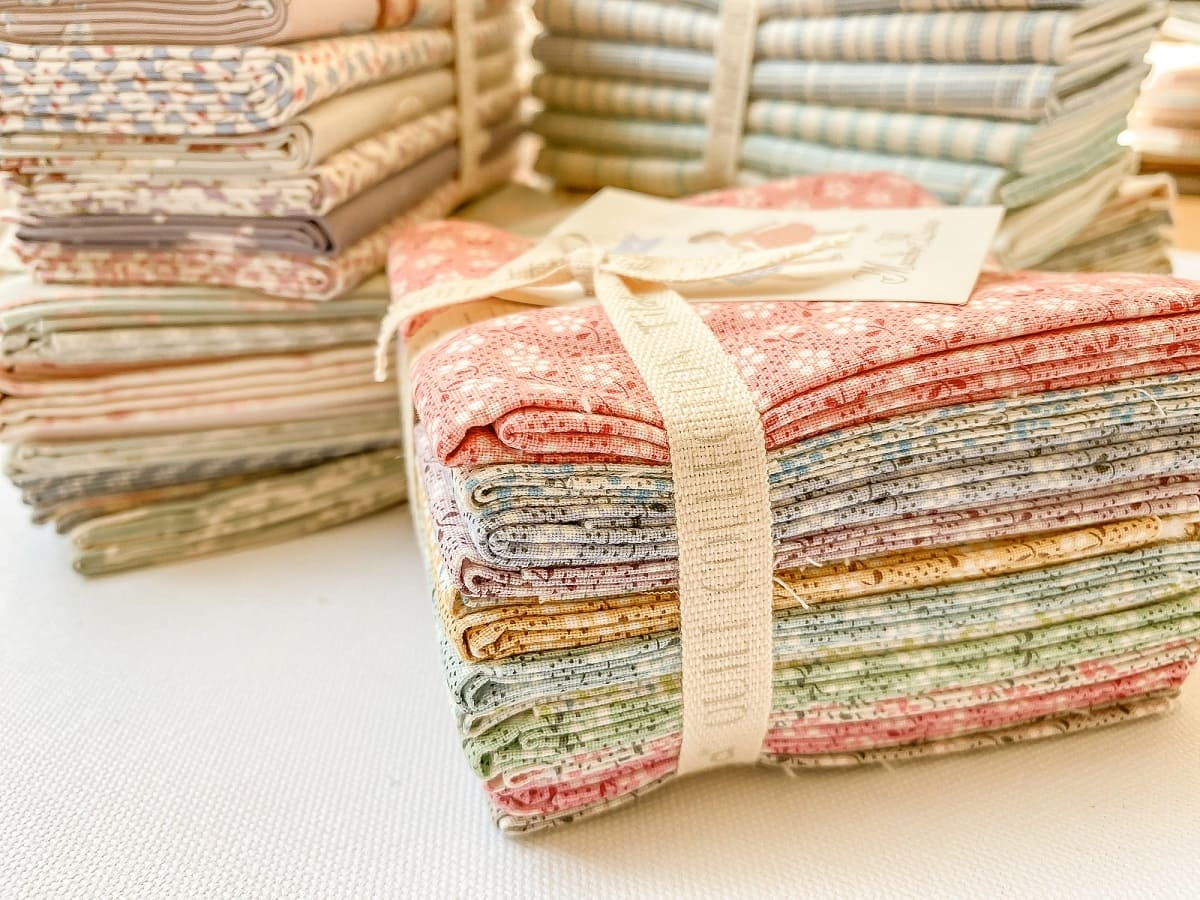
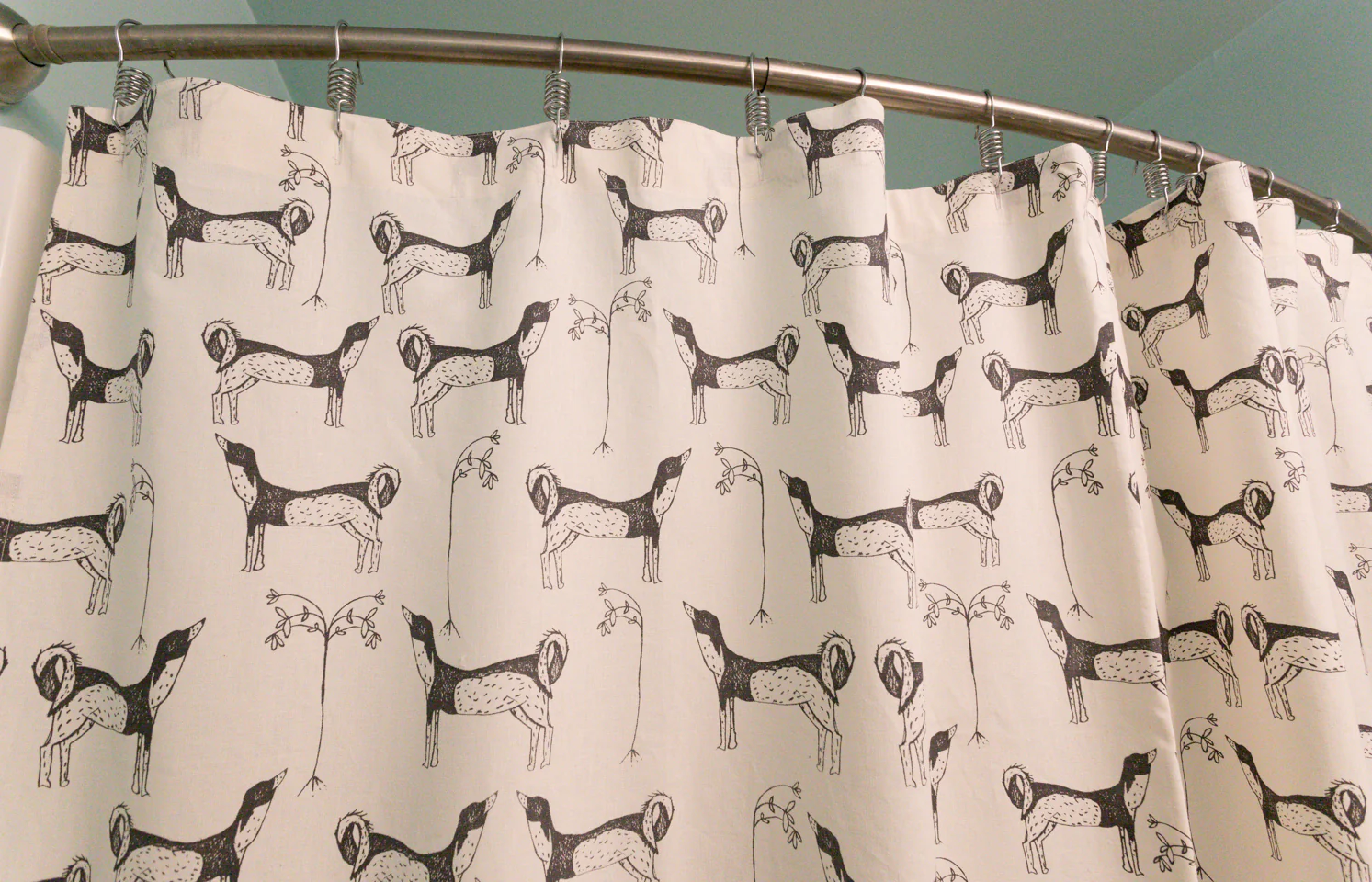


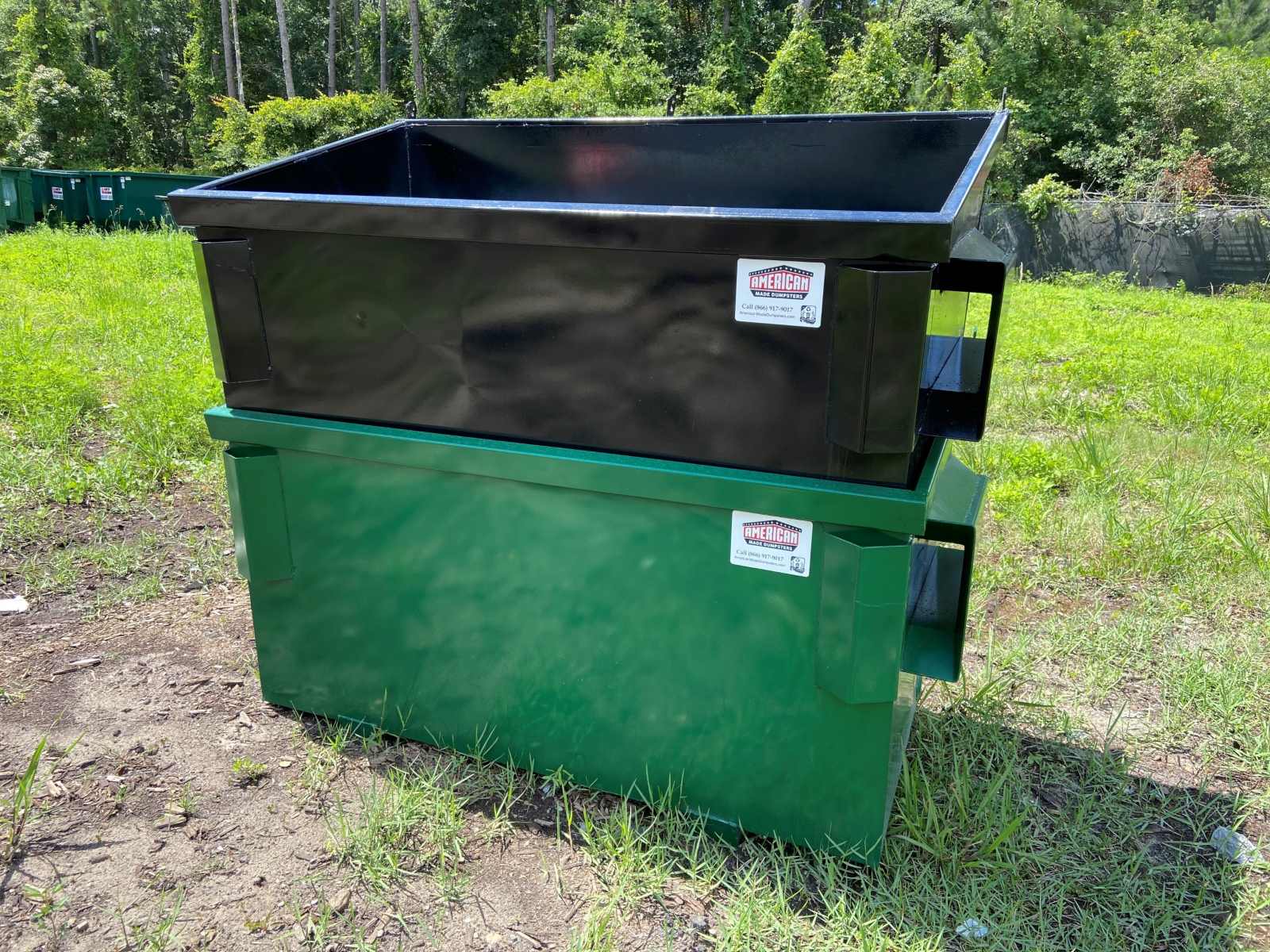
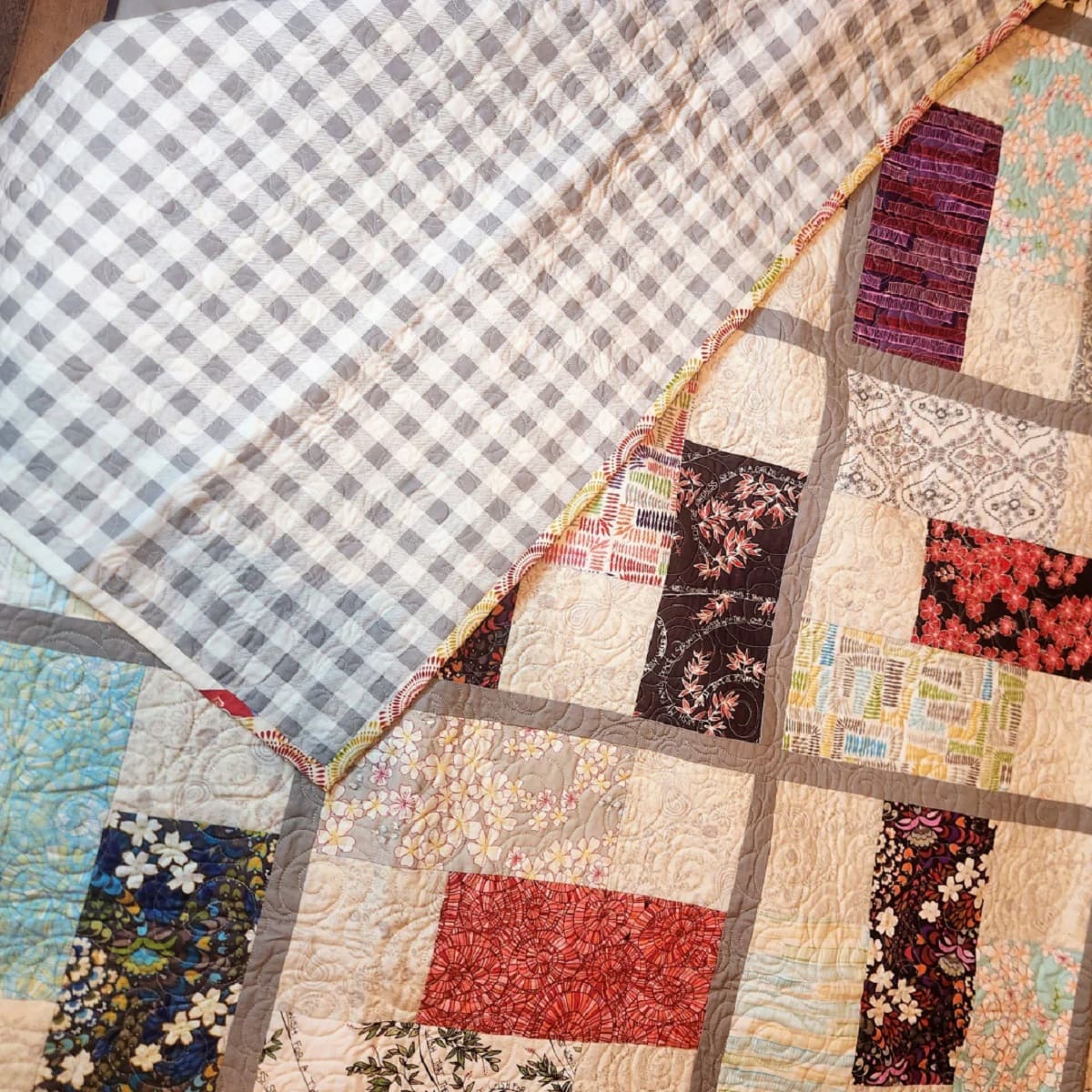
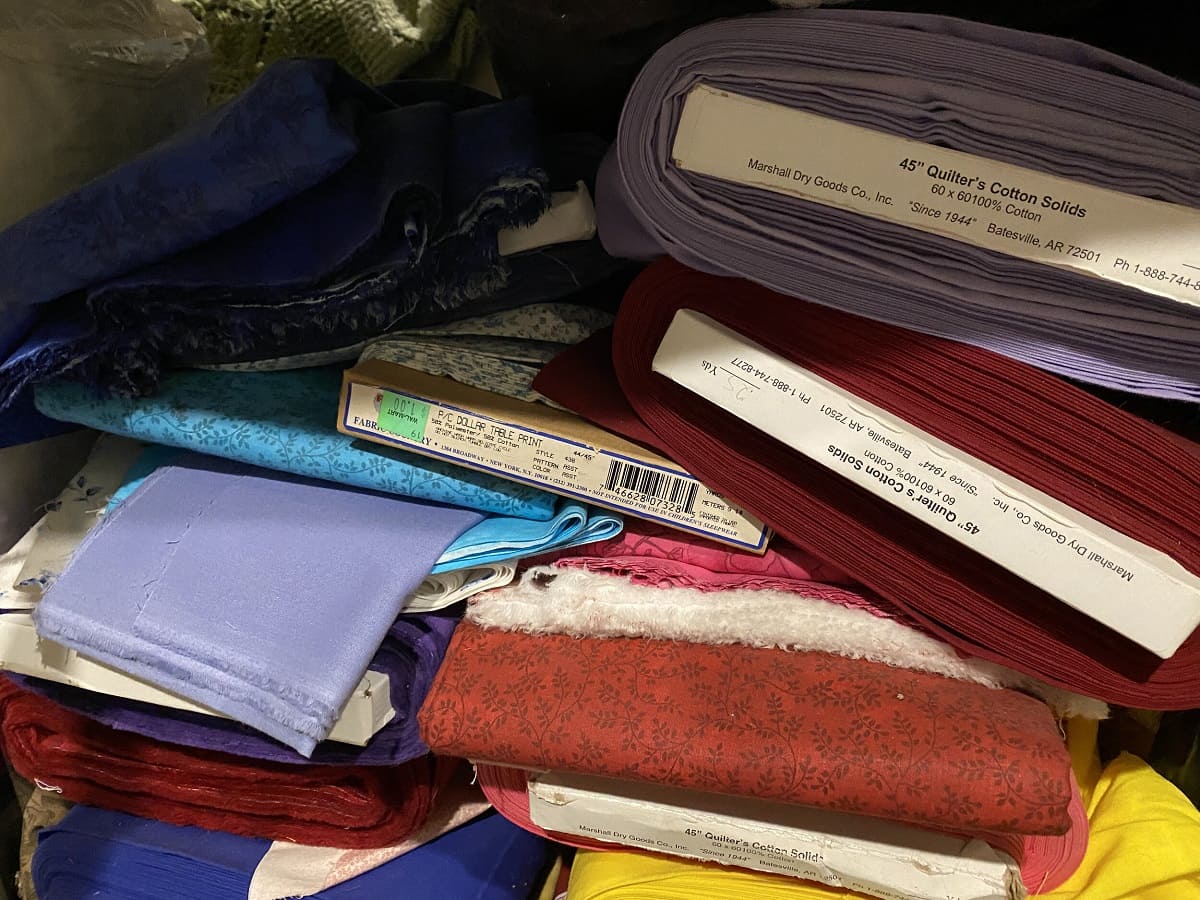

0 thoughts on “How Many Yards To Make Curtains”